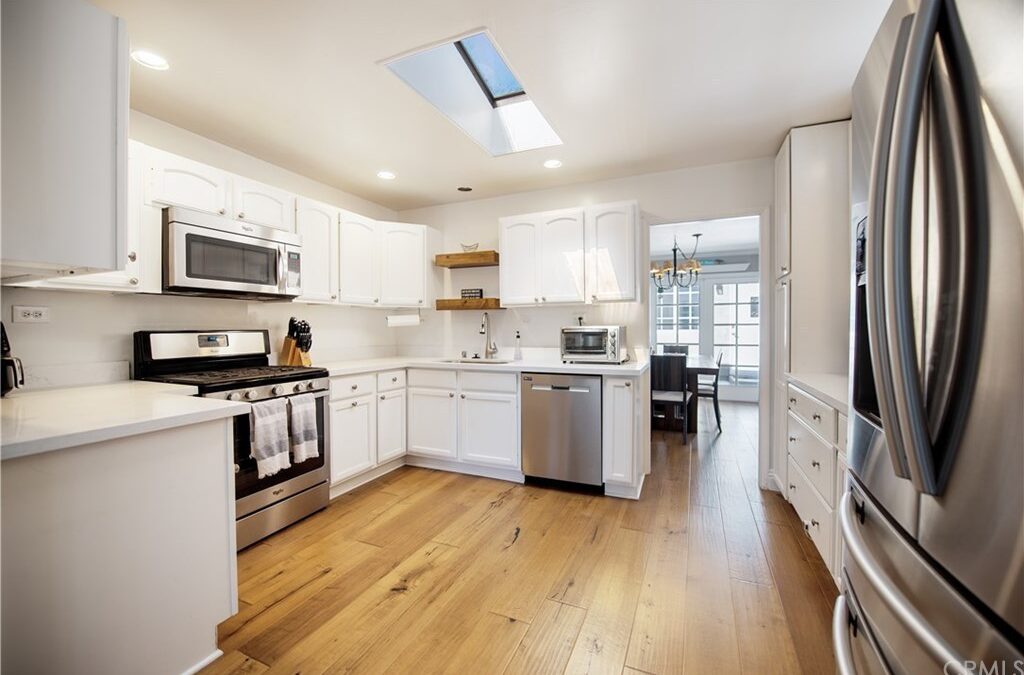Supply and Demand
Housing market inventory already sits at a record low. Now challenges from severe weather further shrink the supply. New listings are down more than 200,000 in the first two months of the year, compared to the average in previous years. The result: home prices are up 10% year over year, and 55% of homes are selling within their first two weeks on the market.1
How To Buy Happy In Today's Housing Market
The median home price was $303,900 for an existing home in January - a 14% jump from the year prior, according to a March report from the National Association of REALTORS. Many sellers have a justifiable fear that they will pay more for their new home, even if they are downsizing. This may leave them unsure of what to do, but they don't need to feel powerless.
A contingent of buyers-to-be have the financial strength to get preapproved for a second mortgage. Doing so will allow them to make offers on new homes that aren't contingent on the sale of their old home, which will place them in a competitive position relative to other buyers. Any buyer-to-be also can invest in their home with a high-likelihood of earning more money back as equity, depending on the improvements made. Early conversations with a realtor about home upgrades can allow sellers to exit with more, thus reducing the impact of price increases on them as a buyer.2
No Scanner for Underwriting Docs?
During the preapproval process, lenders usually ask for hard-copy or PDF-versions of W-2 forms, banking statements, and a driver's license. Depending on a borrower's employer or financial institution, they may only have physical copies of the needed documents. Since for many Americans the most dependable scanner is at work, we want to help applicants reach preapproval as fast as possible in this competitive market with this preparatory note: Look into ways to scan documents now if it will be needed. Applicants wanting to use a phone app might consider Microsoft Lens. It can scan documents and convert them into PDFs.3
Housing Outlook Looking Up
Fannie Mae's Home Purchase Sentiment Index fell 1.2 points in February. Nevertheless, experts predict a much rosier spring and summer. Stimulus money, vaccinations, and improved employment opportunities should lead to a better housing market later this year. Anticipating that trend, mortgage applications grew 3.23% last week, their biggest weekly jump in almost a year.4
Baby Bust Changing Housing
The record-low U.S. fertility rate has major implications for the future of the housing market. Whereas 58% of home buyers in 1985 had young children, only 33% did in 2020. This affects decisions like what neighborhood to live in and home size. On average, buyers without children purchase homes 400 fewer square feet smaller than those with children do.5
Sources: 1cnbc.com, 2magazine.realtor, 3themortgagereports.com, 4housingwire.com, 5magazine.realtor



Recent Comments